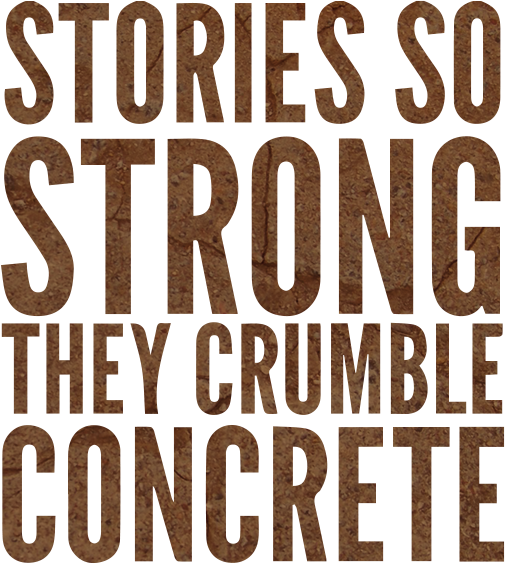motherhood
Interview with Sheryl Abel
by Sheryl Abel
In this interview Salome Chasnoff asks Sheryl to talk about her experience in prison and how she walked out the prison and is now walking back in without handcuffs and shackles helping the women she left behind. And how she became the CEO of H.O.P.E.
motherhood prison-life reentry
Interview with Rose
by Rose
Rose discusses serving her 10-year sentence for planning to kill her abusive husband. Her interview included a discussion of her relationship to her children, her views on same-sex relationships in prison, her work at the beauty salon, and the racism that she witnessed the guards display against women of color.
domestic-violence motherhood
Interview with Pamela Thomas
by Pamela Thomas
In this interview, Pamela Thomas discusses her life, beginning with her life on the street as a teenager and her abusive relationship with an older man. She discusses her children, her relationship to her parents, and her path into drug addiction. She also describes her path out of prison, including a later parole violation that arose after she called the police for her personal safety, and her current work in the social services.
motherhood reentry substance-abuse
Interview with Lucretia Clay
by Lucretia Clay-Ward
Lucretia’s involvement in the sex industry began at the age of 12 when her mother sold her to a pimp. A mother of three, Lucretia has been incarcerated, has battled drug addiction, and is H.I.V. positive, but she is currently trying to go back to school to become a drug counselor and is working to develop new relationships with her children. Salome Chasnoff interviews Lucretia.
motherhood prostitution reentry
Interview with Joanne Archibald
by Salome Chasnoff
In this interview with Salome Chasnoff, Joanne Archibald discusses the impact of her federal prison sentence on her life, her relationship with her son, and her ability to move on with her life afterwards.
motherhood prison-life reentry
Interview with Hilda Berghammer
by Hilda Berghammer
In the course of being interviewed by Carolyn Watson and Salome Chasnoff, Hilda Berghammer discusses her life beginning with her immigration to the U.S. at age 9. She was involved in a series of abusive relationships, before being arrested on charges related to driving under the influence. She details her experiences inside Cook County Jail and Illinois state prisons, describing the intake process and the physical space of the prison. She also talks about her experiences in prostitution, and discusses her relationship with her son.
domestic-violence motherhood prison-life prostitution substance-abuse
Interview with Donna Henry
by Donna Henry
In this interview with Carolyn Watson, Donna Henry gives a detailed account of being raped at age 16, starting heroin at age 23, and entering Dwight Correctional Facility. She talks about losing her children to DCFS and the steps that she is taking to have them returned. She also describes her experiences in a drug treatment program within the prison, including a typical day and the worst day.
motherhood prison-life state-violence substance-abuse
Interview with Diana Delgado
by Diana Delgado
In this interview conducted by Joanne Archibald and Salome Chasnoff, Diana Delgado tells the story of her life beginning with the loss of her mother at age 12. She discusses her own experiences of mothering, which included losing her first child to SIDS, giving birth while shackled to a bed, and being separated from her children while serving an 8-year sentence.
motherhood prison-life
You’ll Stick With Your Crappy School, and You’ll Like It
by Radley Balko
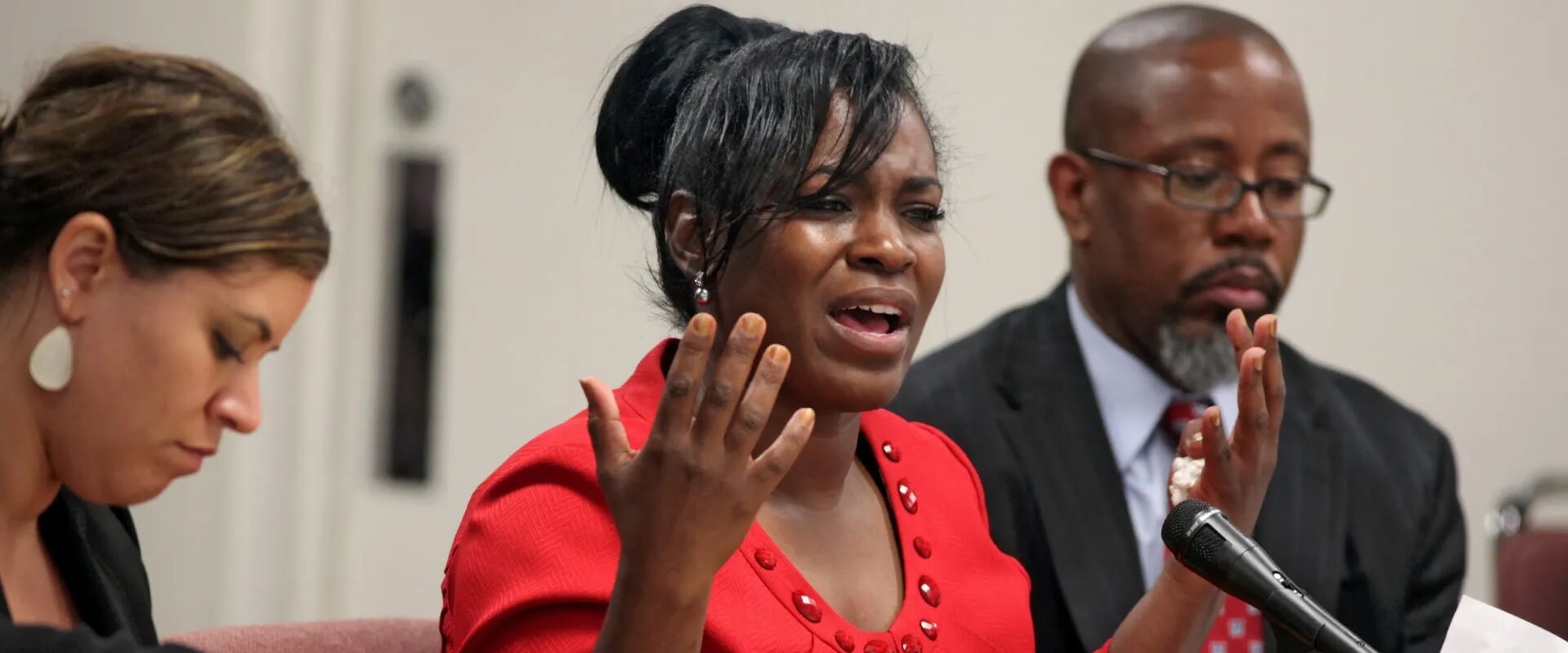
Crazy case in Ohio, where a 40-year-old single mother lied about the residency of her children in order to get the kids into a better public school. Kelley Williams-Bolar claimed her kids lived with their grandfather rather than with her in Akron. Instead of merely transferring the kids back to the bad school, local officials instead decided to charge Williams-Bolar with two felonies, claiming that by enrolling her kids in the better school, she defrauded taxpayers of more than $30,000.
children-of-prisoners family motherhood youth
The Adoption and Safe Families Act of 1997: Its Impact on Prisoner Mothers and their Children
by Gail T. Smith
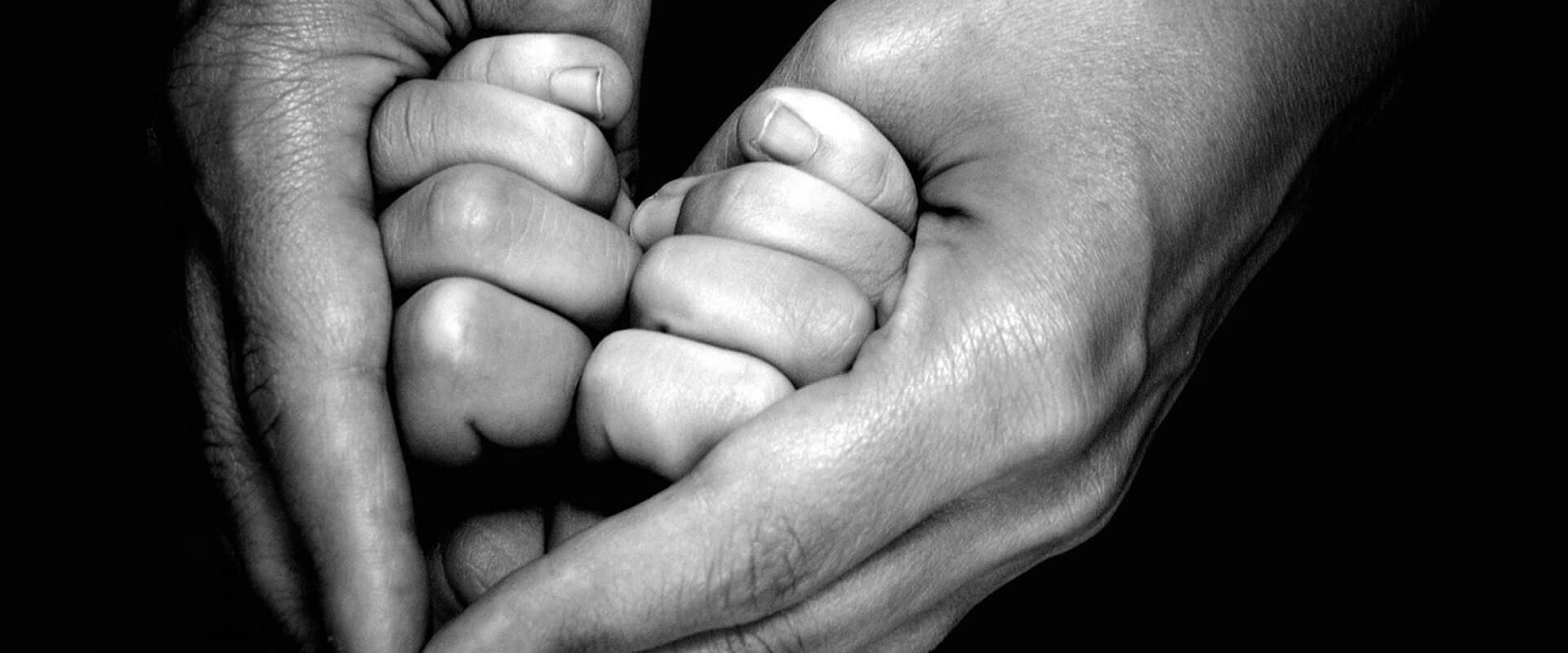
Gail Smith outlines the reasons the ASFA of 1997 is harmful and detrimental to imprisoned women and their children. With most children of prisoners being in ‘temporary’ foster care, the ASFA actually makes these children legal orphans and breaks any ties that imprisoned mothers and their children once had.
children-of-prisoners court-advocacy motherhood public-policy
Pregnant, in Prison and Denied Care
by Rachel Roth
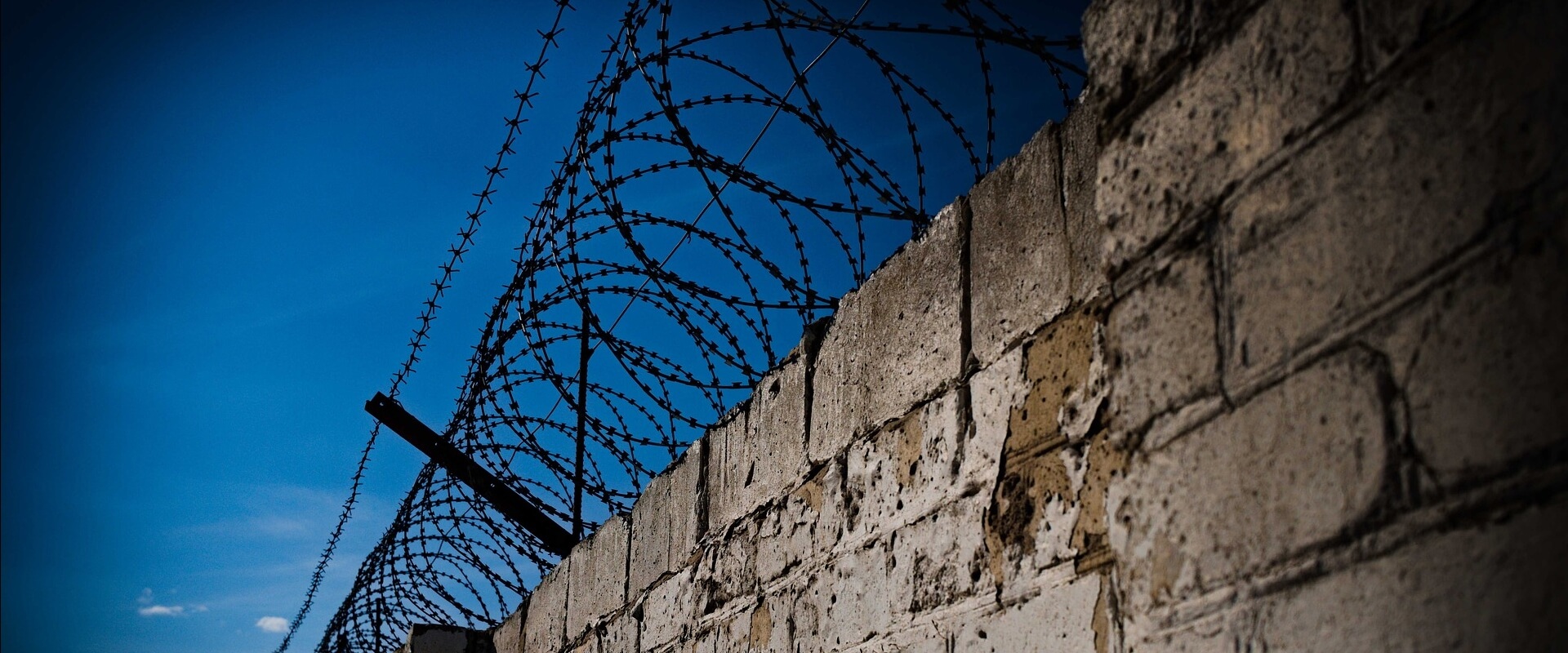
"But what happens to pregnant women in prison before they wind up in chains at a hospital?" asks Rachel Roth. Roth tells three chilling stories of medical neglect and lack of compassion for women awaiting childbirth behind the prison walls.
children-of-prisoners health mental-health motherhood state-violence
Mother's Day in Chowchilla
by Sara Olson

Sara Olson tells the story of the Annual “Get On The Bus” event, uniting women prisoners with our children and loved ones.
children-of-prisoners motherhood personal-narrative
Children Do Hard Time for Their Parents’ Crime
by Kim Mikesell
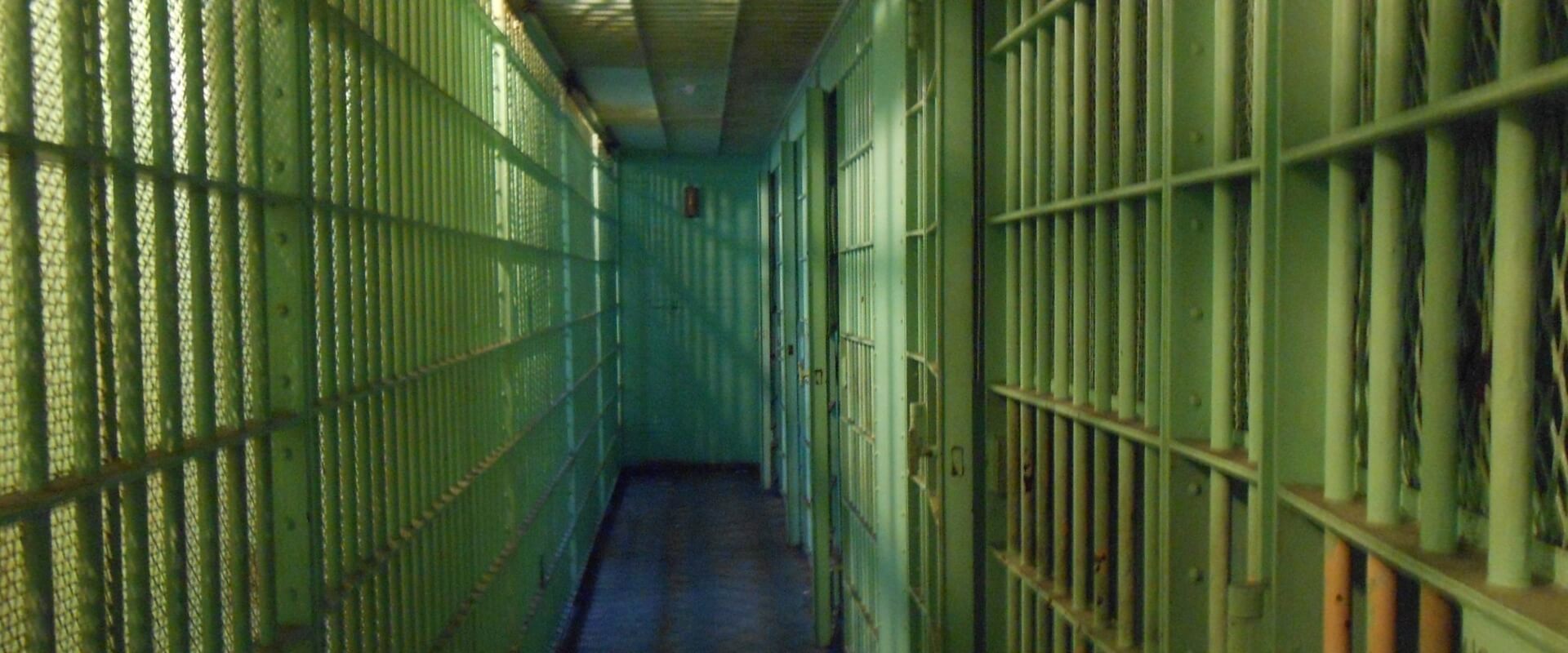
Kim Mikesell tells the price that children pay when parents are incarcerated.
children-of-prisoners motherhood personal-narrative substance-abuse
Michelle Alexander Speaks at 25th Anniversary Celebration for CLAIM
by Michelle Alexander
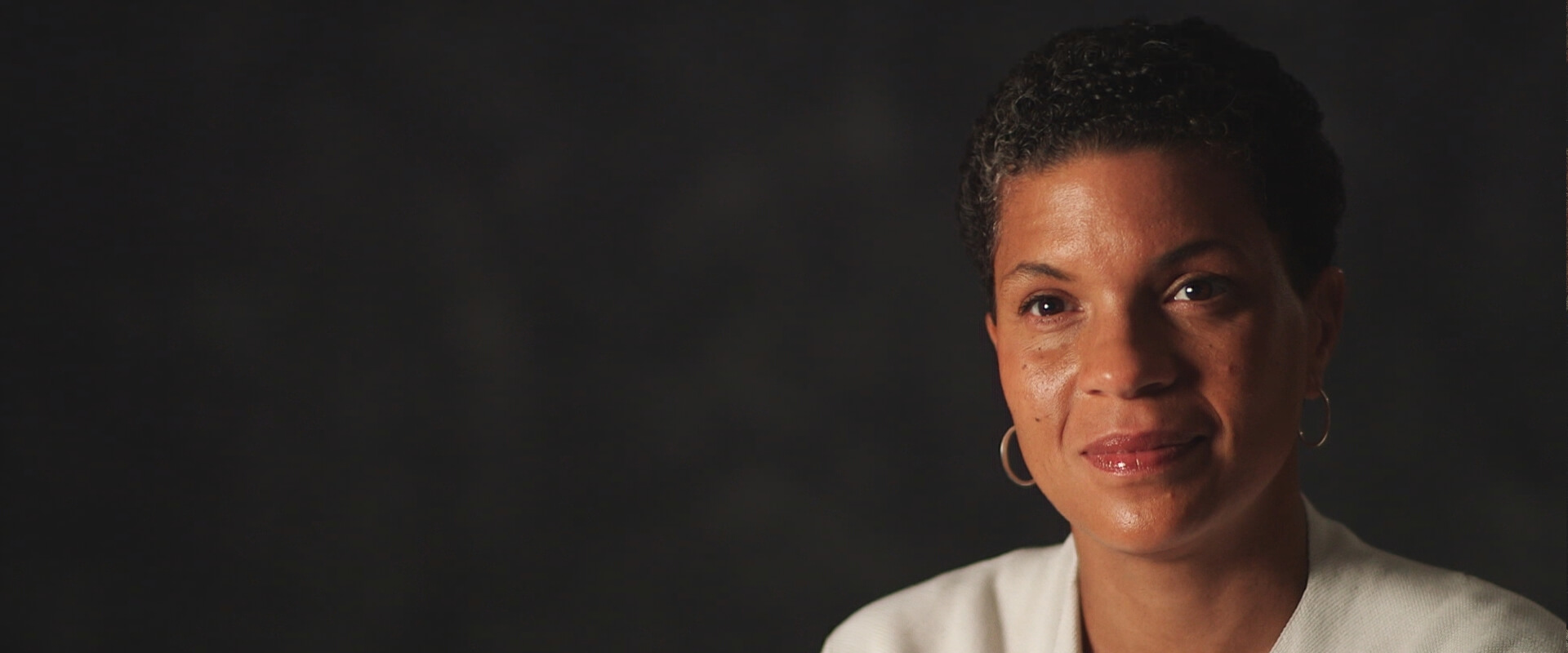
Michelle Alexander is an associate professor of law at Ohio State University and a civil rights advocate, who has litigated numerous class action discrimination cases and has worked on criminal justice reform issues. Also a legal scholar, Alexander recently published her first book The New Jim Crow: Mass Incarceration in the Age of Colorblindness. In it, she examines the intersections between racism, mass incarceration, and the War on Drugs, illustrating their devastating consequences. Megan Bernard's recent review of the book can be found on the Prison Communication, Activism, Research, and Education Collective (P-CARE) blog. Another review, published by COLORLINES, examines how Alexander places contemporary incarceration statistics in historical perspective.
activism motherhood movement-building
Dorothy Roberts Speaks at 25th Anniversary Celebration for CLAIM
by Dorothy Roberts
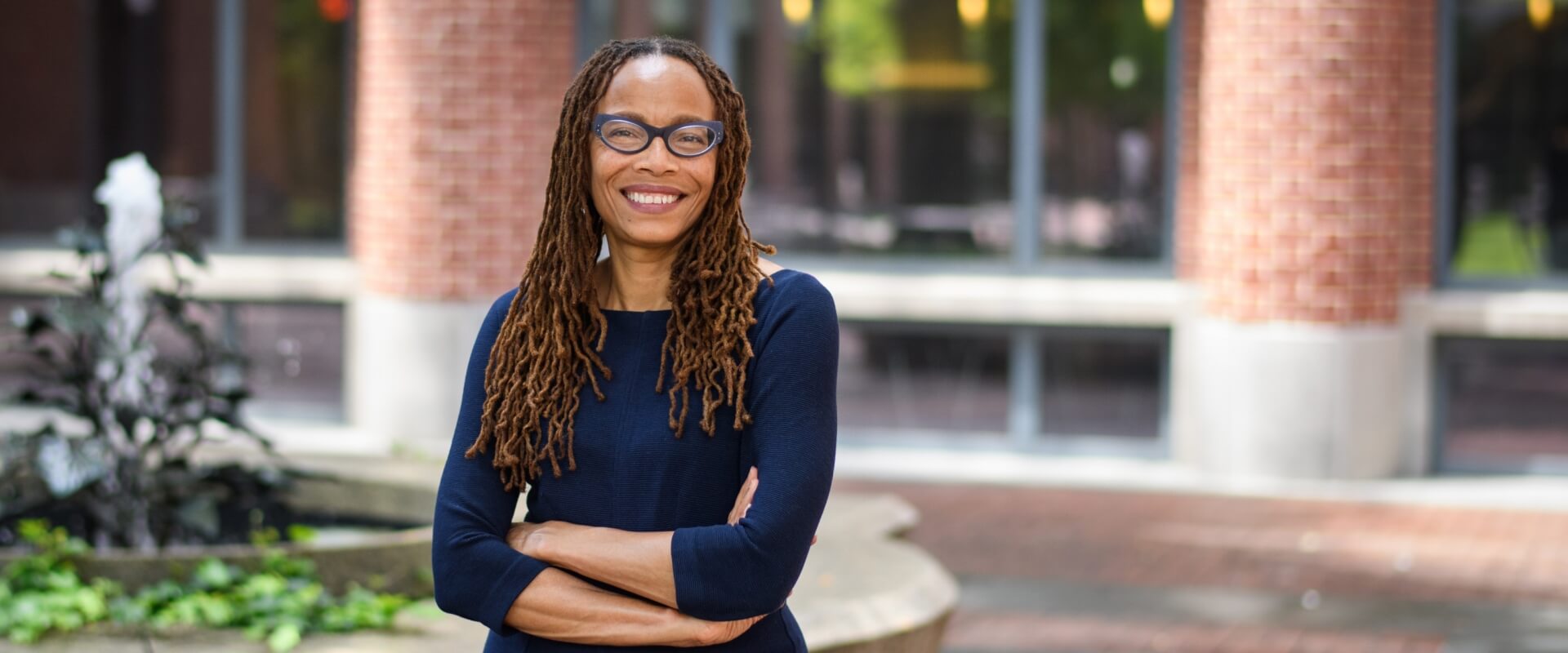
Author, lecturer, speaker and lawyer Dorothy Roberts spoke at the 25th anniversary celebration for Chicago Legal Advocacy for Incarcerated Mothers (CLAIM). Her lecture can be seen in the following clip.
activism motherhood movement-building
Giving Birth in Chains - The Shackling of Incarcerated Women During Labor and Delivery
by Anna Clark

As birthing choices are increasingly prominent in the public conversation, pregnant women are more and more empowered to decide what sort of care is right for their bodies and their child.Not so for pregnant women who are incarcerated. Not only are their decisions about care restricted, but many incarcerated pregnant women are physically restricted while giving birth: during labor and delivery, they are shackled.
activism children-of-prisoners family health mental-health motherhood prison-life reproductive-rights
Will She Ever Know My Name?
by Kebby Warner
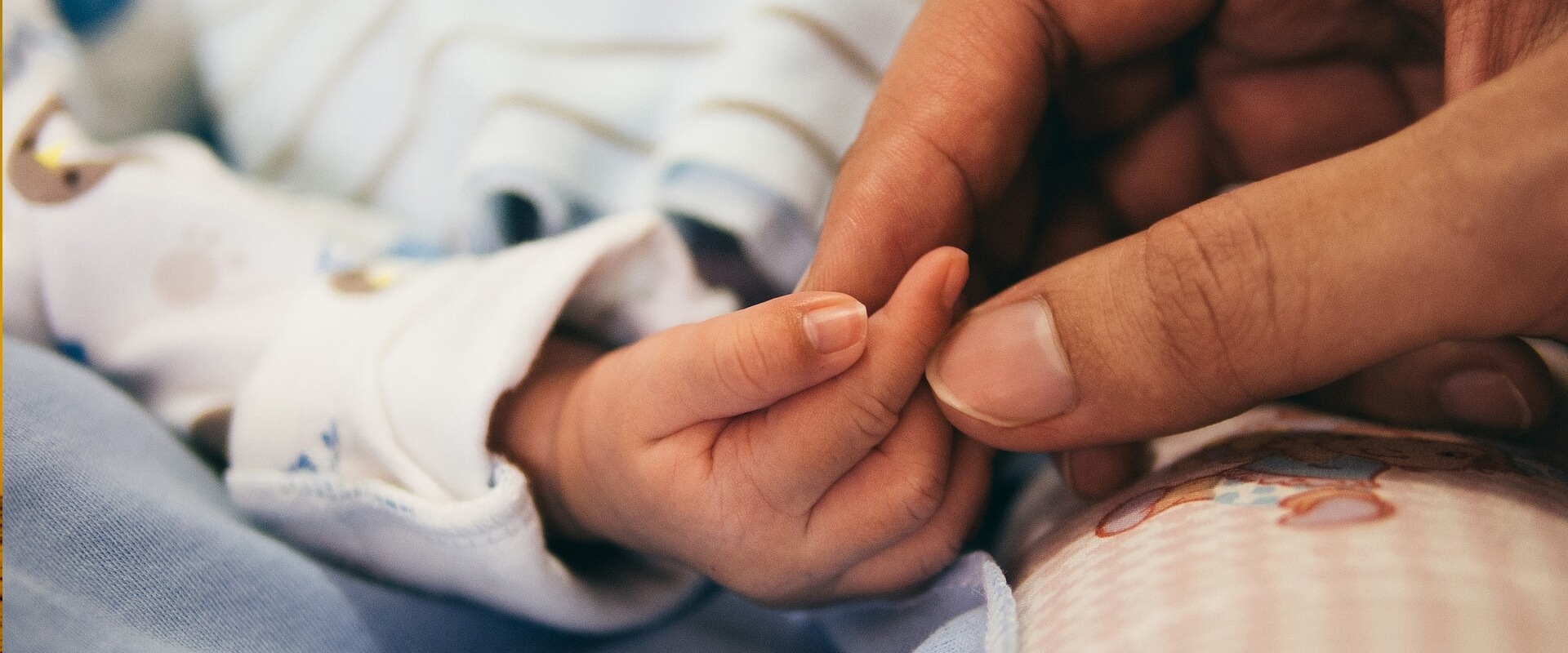
In this poem Kebby tells a story of a mother losing her child through the system. A child she never got the chance to know.
motherhood poetry
Pregnancy in Prison: A Personal Story
by Kebby Warner

In this poignant personal narrative, Kebby Warner shares her experience of pregnancy and childbirth while serving time. Following her story are several documents she wrote to publicize the organization The People Against Court Kidnapping (P.A.C.K.), which she created after her parental rights were terminated and her daughter was put up for adoption.
motherhood personal-narrative
A Different Point of View
by Rhonda Leland
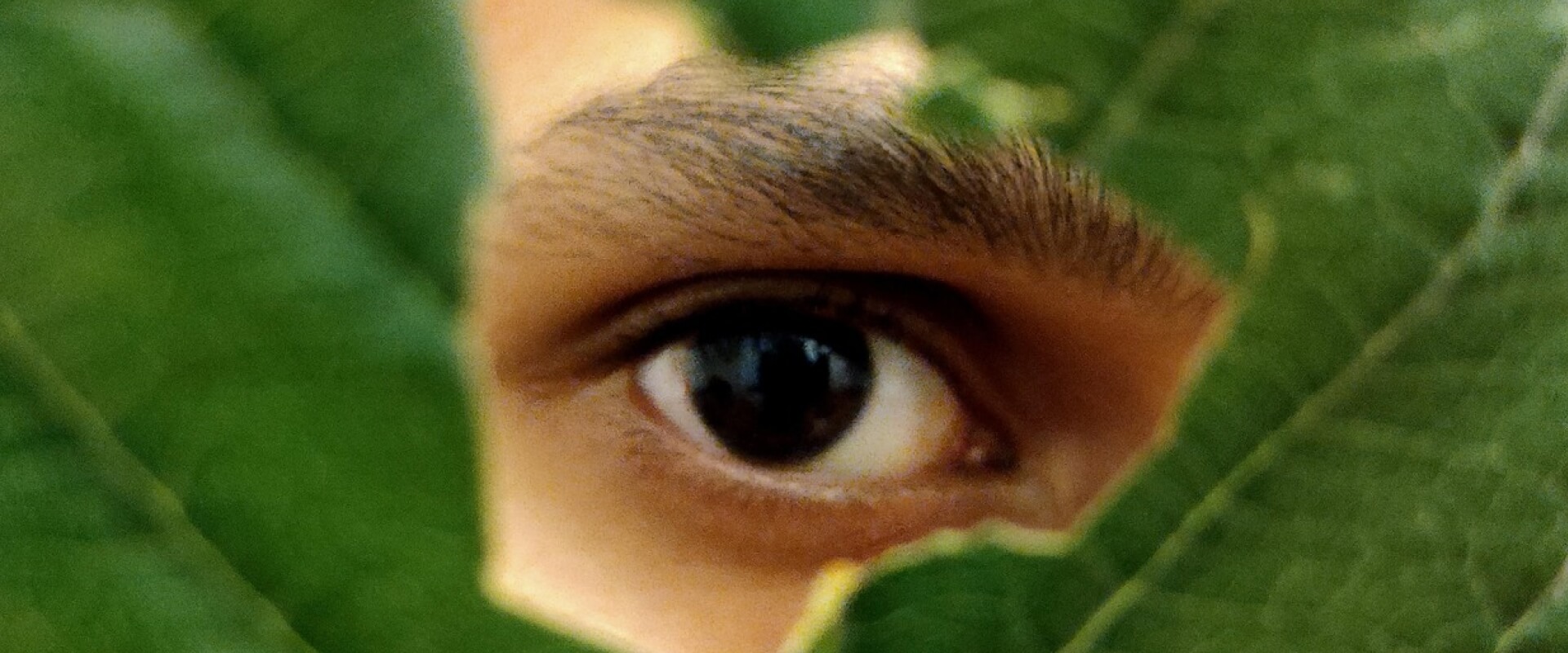
California Proposition 21, known also as Prop 21, was a proposition proposed and passed in 2000 that increased a variety of criminal penalties for crimes committed by youth and incorporated many youth offenders into the adult criminal justice system.

